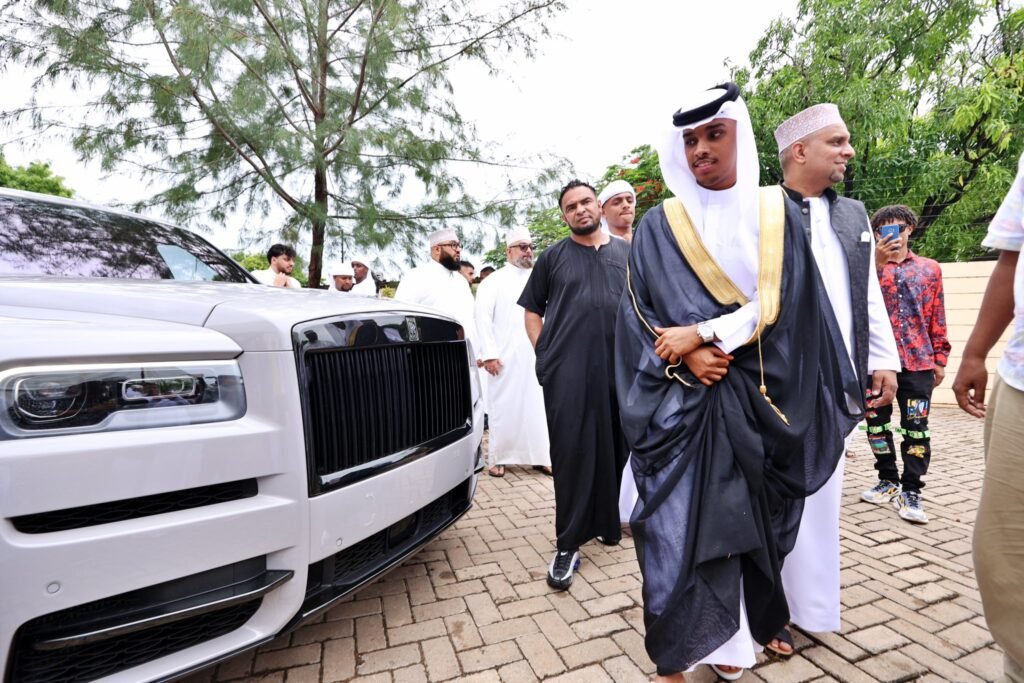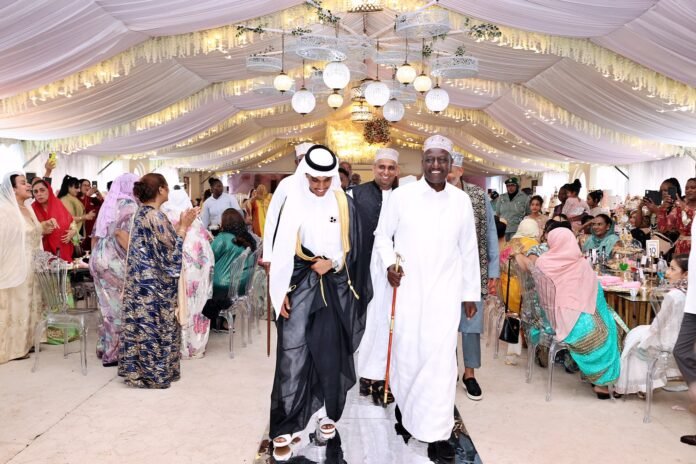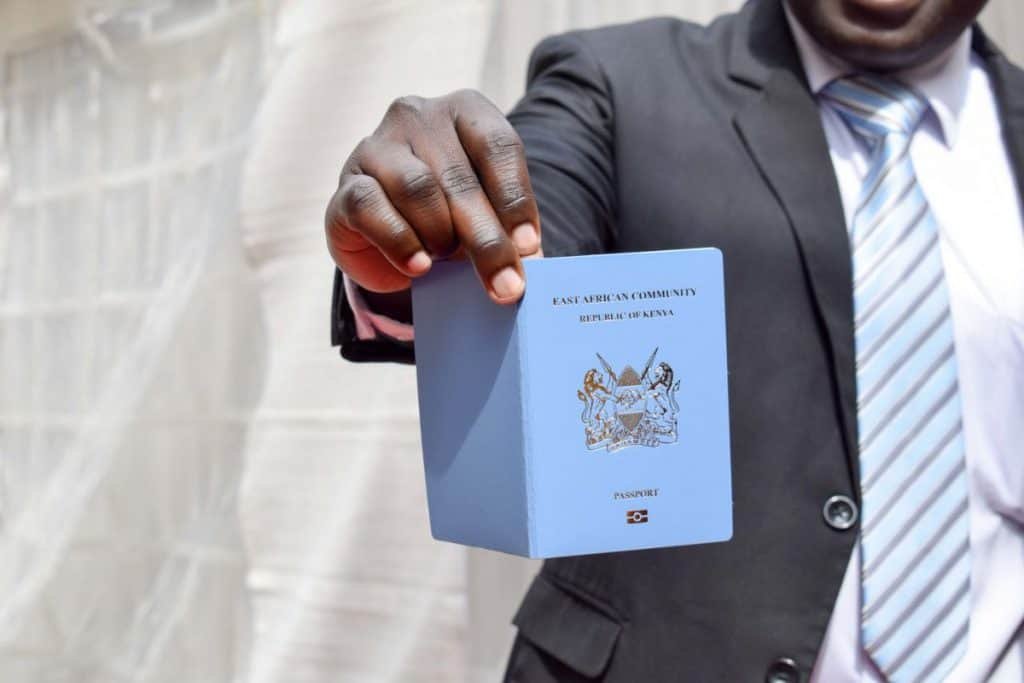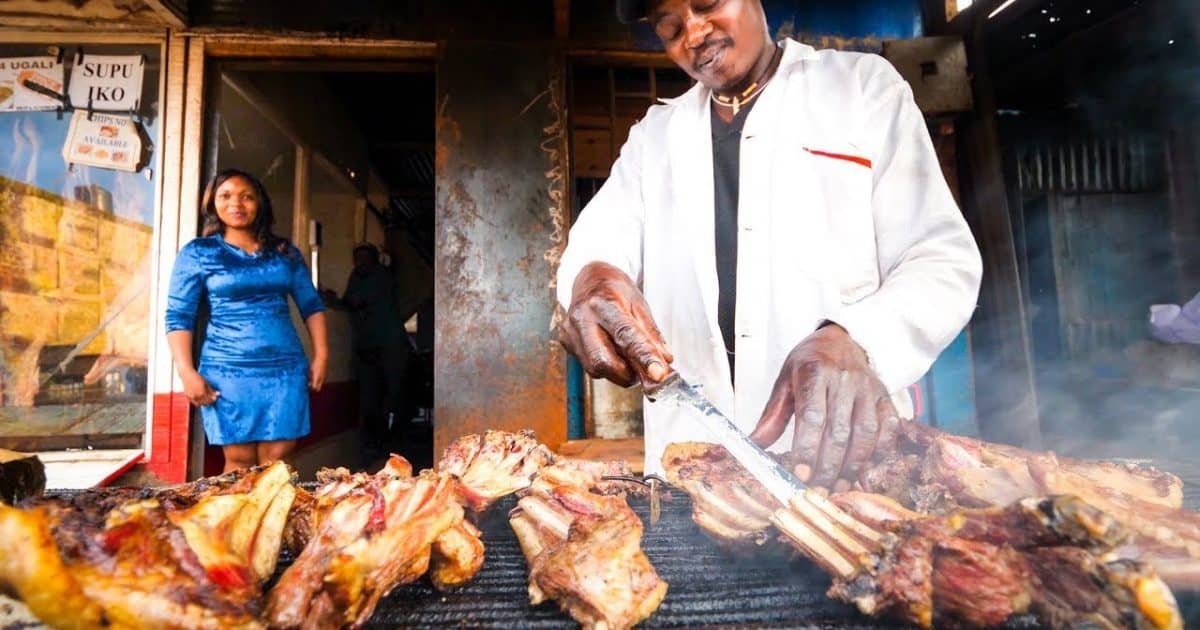The Dawoodi Bohra community, a Shia Muslim sect originating from Gujarat, India, has made a remarkable imprint on Kenya’s cultural, economic, and social fabric. From their entrepreneurial spirit to their charitable contributions, the Bohras are a unique and vibrant group that balances cultural preservation with integration into Kenyan society. Here’s a closer look at their history, contributions, and the challenges they face.
A Historical Migration: From India to East Africa
The Bohras’ journey to Kenya began in the early 19th century, spurred by economic hardships in India and opportunities in East Africa. A significant push came during a severe drought in Kathiawar, India, when the 43rd Dai, Abdeali Saifuddin, encouraged community members to seek better prospects. This migration led to the establishment of Bohra communities in urban hubs like Mombasa and Nairobi.
Where They Live
Today, the community in Kenya is estimated to number around 6,500 individuals, making up a significant portion of the Shia Muslim population in the country. Nairobi hosts approximately 2,500 Bohras, while Mombasa has a population of about 1,500. Smaller Bohra communities can be found in towns like Malindi, Kisumu, Nakuru, and Eldoret, making them a widespread yet tightly-knit group.
Economic Contributions
The Bohras are renowned for their entrepreneurial spirit. Initially traders, they have since diversified into various sectors, including real estate, manufacturing, and construction. Their contributions have created jobs, boosted local economies, and fostered growth in key industries. The community is also known for its meticulous approach to business, emphasizing ethical practices and long-term sustainability. One of the most notable figures is Alibhai Mulla Jeevanjee, who emigrated from British India in the late 19th century and became a highly influential merchant and entrepreneur. He established a diverse business empire that included construction, ice and soda factories, and agricultural exports. Jeevanjee was instrumental in building some of Nairobi’s earliest government offices and railway stations, leaving a lasting legacy that includes the famous Jeevanjee Gardens, a park he donated to the city.
Others include, Mohammed A. K. Khatri, known for his successful ventures in the hospitality and real estate sectors, Yusufali M. Kachra and Imran Khosla

Philanthropy and Social Initiatives
The Bohras’ impact goes beyond commerce. They actively engage in social welfare, collaborating with the Kenyan government on initiatives such as affordable housing and drought mitigation. In a meeting with President William Ruto, the community pledged to support low-cost housing projects in informal settlements, showcasing their commitment to national development.
Their initiatives also include:
- Food Drives: Providing meals to underprivileged families during times of need.
- Health Camps: Organizing free medical camps for underserved communities.
- Environmental Efforts: Promoting waste management and tree-planting drives to combat climate change.
Education: The Heart of the Dawoodi Bohra Identity
Education is a cornerstone of the Dawoodi Bohra identity. The community established Aljamea-tus-Saifiyah, a premier educational institute in Nairobi, in 2017. This institution blends religious and secular education, equipping students with the skills to navigate modern challenges while staying rooted in their heritage. Its presence in Kenya reflects the Bohras’ emphasis on intellectual and spiritual growth.
Cultural Heritage
The Bohras maintain a distinct identity through their dress, language, and religious practices. Traditional attire, including the white rida for women and the gold-trimmed kurta for men, symbolizes their cultural pride. The community’s mosques and centers serve as focal points for social and spiritual gatherings, fostering unity and belonging.
Their integration into Kenyan society is seamless, and their respect for local traditions has earned them admiration from other communities.
Challenges and Reforms
While the Dawoodi Bohra community is celebrated for its contributions, it has faced criticism over certain traditional practices, notably female genital mutilation (FGM). Activists within and outside the community have advocated for reform, aligning with Kenyan laws and global human rights standards. This issue highlights the ongoing dialogue between tradition and modernity within the Bohra community.
The Dawoodi Bohra community also faces challenges related to internal governance and social equity. There are reports of economic disparities within the community, particularly affecting poorer families who struggle with educational costs due to high fees imposed by religious authorities. Additionally, there is a growing movement among some members advocating for reform within the community’s leadership structure and practices
Recognition and Legacy
Kenyan authorities have recognized the Dawoodi Bohra community for its positive impact. Their active involvement in developmental projects underscores their dedication to the nation’s progress. From their economic contributions to their charitable endeavors, the Bohras exemplify the values of resilience, unity, and adaptability.








